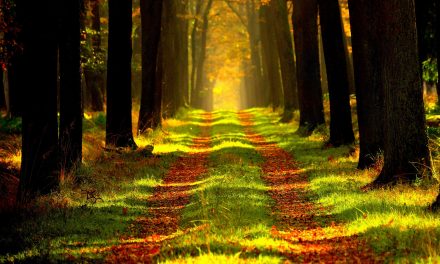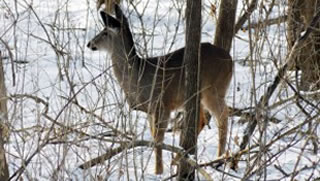
I never knew I loved llamas until one kissed me.
I don’t usually fall for every creature that hands out smooches. I’m not that easy. But there is something about llamas. They have Bette Davis eyes. They are innocent and flirty like the girl who farts and says wide-eyed, “Did I do that?”
Being from Missouri farm country, I had never met a llama until my later years. I only knew unlovable cows and chickens, irritable horses, and slobbery dogs. Then I went on a meditation walk with llamas in the mountains of Virginia and experienced their comforting vibe and their general coolness.
There is a serenity to llamas, and many people believe they have a gift for bringing healing calm to those around them. Watching these big, long-legged creatures move casually through their enclosure or lounge in the grass, I could imagine them wearing smoking jackets and ordering another scotch and soda from Jeeves.
The owner of the llamas was a retired banker who, after suffering a frightening heart attack, gave up the financial world and bought a farm. He spent much of his time with three llamas. Day in and day out, he cared for them, hiked with them in the Virginia mountains, brushed them after their dirt baths, loved them unconditionally. He claimed that after three years with the llamas he could throw away all his heart medicine.
It got me thinking about what we can learn from llamas in these times of discontent, anger, frustration, and overall implausibility. Perhaps llamas can save American politics. Here’s why:
Llamas are herbivores. They will not eat you or nibble away at your constitutional rights until you wake up one morning living in the United States of Russia. They emit a Keep Calm aura that ignores superlatives. Calling everything the “best” makes everything mediocre.
Llamas do not tweet. If a llama does not like another llama’s politics, he says so with spit, not schoolyard name calling. (By the way, the banker-turned-farmer assured me that the rumor that llamas spit at humans is not accurate. They save that distinction for fellow llamas in order to establish hierarchy, and since I had no plans for taking over the herd, I felt quite safe.)
Llamas carry the load. They are pack animals, which is what we send our congressional herds to Washington to be. Our senators and representatives are supposed to carry the load from their districts and states—the fears, the injustices, the problems—and ease the pain of their constituents. Unlike llamas who willingly do their jobs in the rugged Andes of Peru, our members of Congress endlessly ruminate in the halls of government and shirk their most important responsibility: keeping the balance of power and thus protecting our democracy.
Llamas do not vote. This is mainly because they do not fit inside voting booths and are so tall they can look over the top and copy the answers of the voter next to them. Also, it is terribly hard for them to press a button or hold a marker with their two toes. Still, imagine who the peace-loving llamas would choose—not someone who divides the herd to satisfy his own ego and lust for power.
A llama’s kiss feels like a puff of air on the cheek. When I am with the llamas, I feel better about things. Life with them is simple. I look into their calm and quiet eyes and think we can start over and get it right this time.
______________________________
Memories of my own walk with llamas in the mountains inspired scenes in my book Down Dog Diary. The llamas—Picasso, Starlight, Cato, and Fred—help Maya Skye solve the mystery of the stolen diary (sort of).





